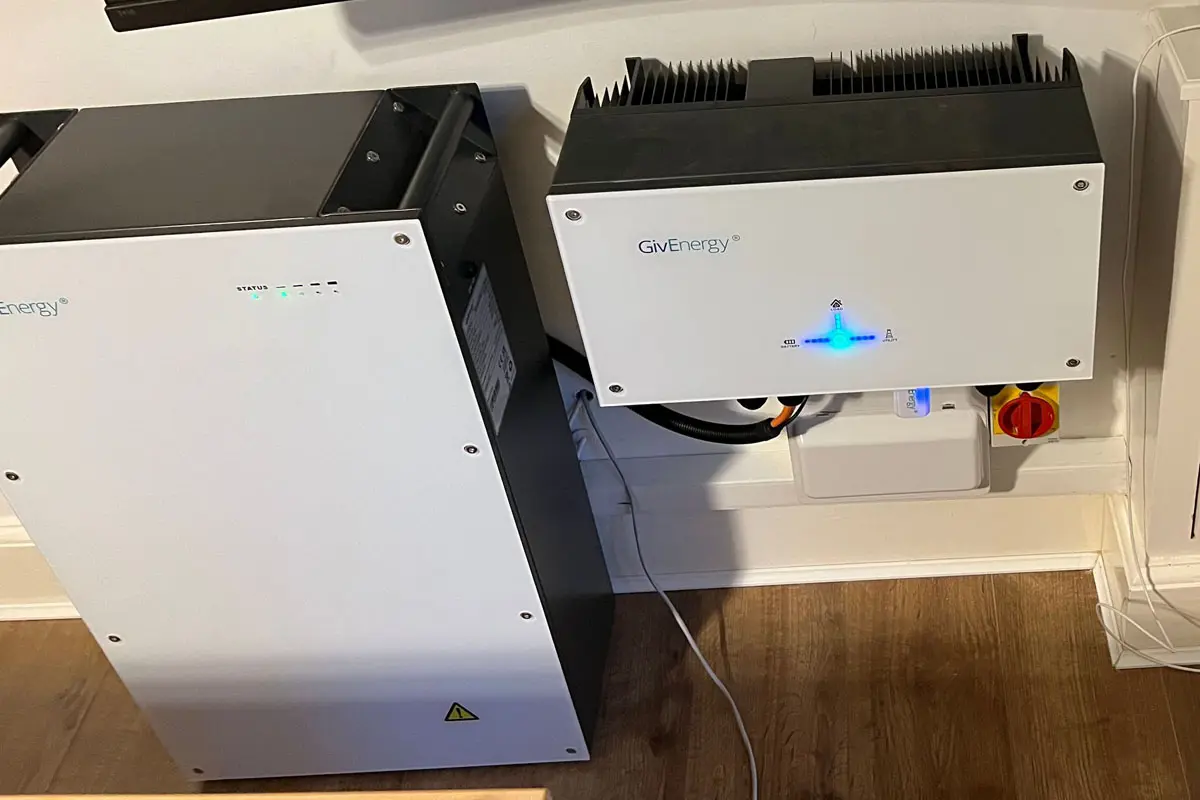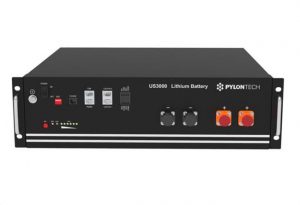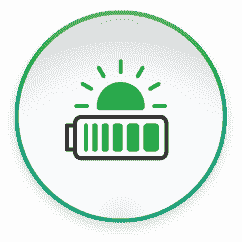Two recently released reports suggest lithium-ion EV and home batteries should stand the test of (warranty) time.
Home Batteries: A Positive Sign
Most home batteries come with a 10-year warranty these days, with a certain amount of battery capacity warranted at the end of the period – usually around 60% to 70%. This means at the end of the 10 years, a 10kWh battery should still have 6 – 7 kWh usable capacity.
But given the lack of industry standards on state of health (SOH) evaluations, owners have to rely on the values provided by battery management systems (BMSs), which have unknown calculations and inaccuracies.
Owners and manufacturers have a lot riding on final performance figures; so what are the chances of them being achieved?
Pretty good it seems.
In Germany, researchers from ISEA/CARL at RWTH Aachen University developed a method to estimate usable capacity of a home storage system (HSS). They measured 21 privately owned batteries over up to 8 years from 2015 to 2022. These were “first-generation” systems, and energy storage technology has improved since.
Systems with one of three different chemistries were studied:
- Lithium nickel manganese cobalt oxide (NMC)
- A blend of lithium manganese oxide (LMO) and NMC
- Lithium iron phosphate (LFP/LiFePO4)
Read more: SolarQuotes






